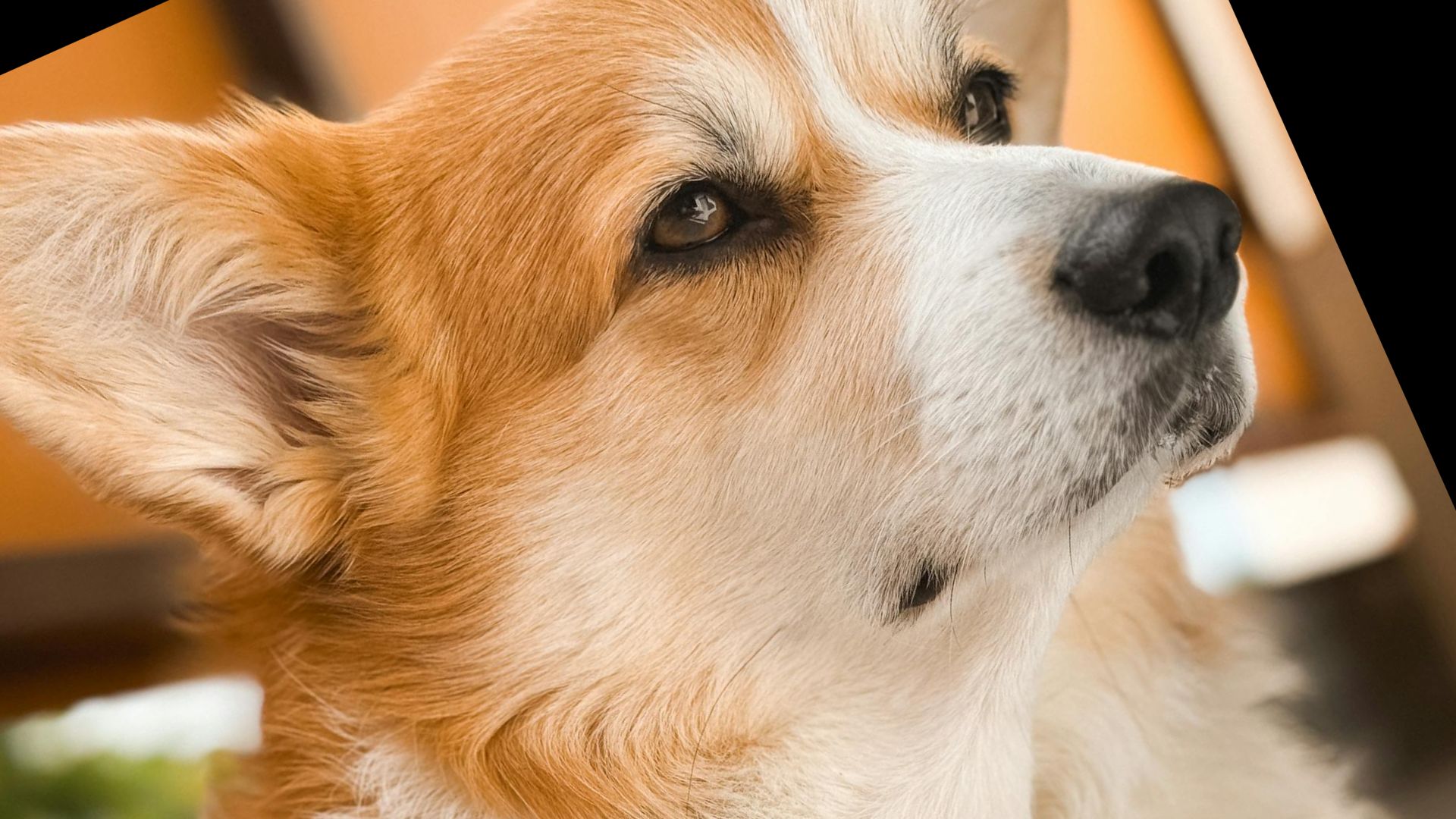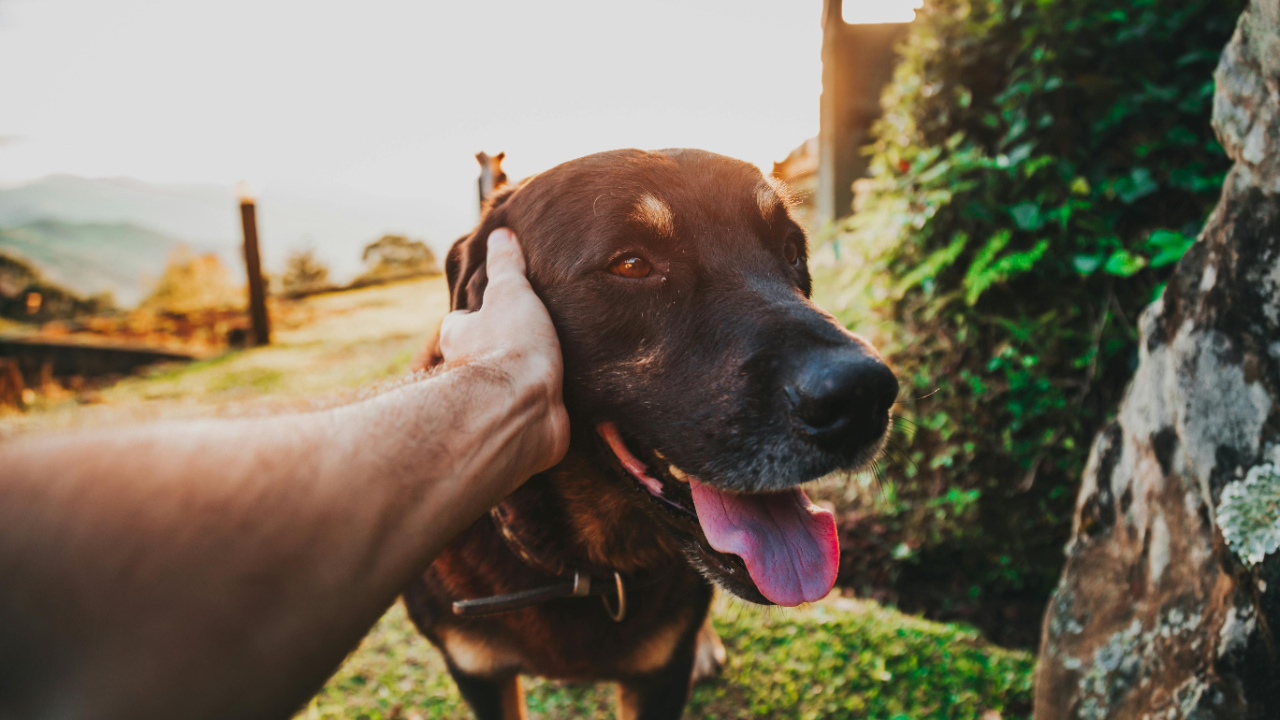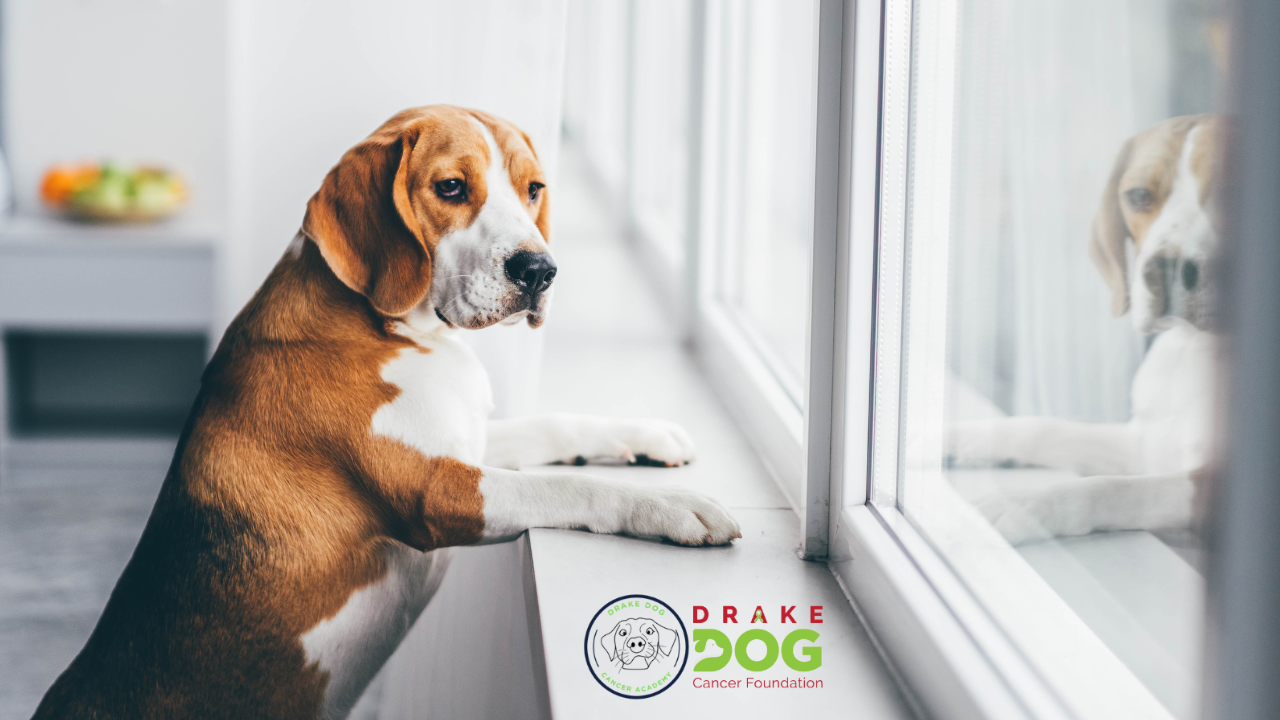The Roles of Prebiotics, Probiotics, and Postbiotics for Dogs
Jun 06, 2024
You know, a lot of dogs these days have tummy troubles, and it’s often because of things like poor diet, stress, and all the stuff going on around them. Giving them prebiotics and probiotics can really help their gut bounce back and keep them feeling great. And then there are postbiotics—they’re like the good stuff that a healthy tummy produces, and they’re super important for how a dog processes food.
What Are Prebiotics For Dogs?
Prebiotics are like these special fibers that your dog’s body can’t break down. So, they cruise through your pup’s digestive system until they reach the colon.
Once there, they transform into these things called short-chain fatty acids, which are like cheerleaders for the body’s good bacteria.
They give these good bacteria the fuel they need, help reduce inflammation, boost your dog’s immune defenses, and overall make them less prone to getting sick.
Offering Natural Prebiotics to Your Dog
If you have taken a dive into the health world, you know that natural remedies are often healthier than pharmaceuticals. To offer your dog natural sources of prebiotics, try these:
Medicinal Mushrooms
Ever heard of beta-glucans? It’s this super component found in mushrooms like shiitake, maitake, and even turkey tail! These fungi can be taken in various ways—think soups, porridges, or even as extracts.
If you’re into convenience, there are pills and powders available. Here’s the best part: mushrooms pack a punch with anti-cancer, anti-allergy properties and even boost gut health!
Chicory Root
It’s sweet, and dogs love it! But what makes chicory root stand out is its rich inulin content. Not only does it jazz up digestion, but it’s also known to knock out intestinal parasites and act as a powerful antioxidant.
Garlic
Heard rumors about garlic being a no-no for dogs? Well, while massive amounts are harmful, a little garlic can offer benefits galore! Think of it as nature’s medicine with anti-cancer, anti-fungal, and even antibiotic properties. So for a 20-pound dog, just 2/3 of a teaspoon should do the trick.
Larch Arabinogalactan
Sounds fancy, right? It’s a fiber found in common foods like carrots and even coconut. But the real deal is from the Western Larch tree.
What’s it good for? Boosting the immune system, managing allergies, and even tackling skin disorders. Just remember to check the dosage on commercial supplements.
Burdock Root
Though it’s often dismissed as a weed, burdock root is a powerhouse. Packed with nutrients and rich in inulin, it supports the kidneys, aids skin health, and even detoxifies the liver. For a homemade burdock tonic, simmer it for 20 minutes, cool, and serve. A little goes a long way!
Dandelion Greens
Dandelions aren’t just pretty; their greens are nutritional gold! Toss a few unsprayed leaves into your dog’s meal and watch the magic unfold—think liver support and a natural appetite boost.
Apples, Bananas, and Asparagus
Great as treats, but remember, no apple seeds for your fur buddy! And with bananas, less is more due to their sugar content. An inch of banana or half of it twice a week is all your dog needs to enjoy the benefits.
Why Daily Probiotics for Dogs Are Important
Probiotics are beneficial bacteria that help balance your dog’s gut health. You can find them in fermented foods or give them as supplements.
Probiotics are like little helpers for your dog’s gut. They help with digestion, boost the immune system, and assist in absorbing essential nutrients like calcium, magnesium, and iron. They even have a role in producing vitamins like vitamin K and B complex, enzymes, and even serotonin.
Short-Chain Fatty Acids As Probiotics for Your Dog's Gut Health
One of the cool things they do is lower the gut pH, which keeps harmful bacteria in check. They also boost the production of short-chain fatty acids (SCFA).
These SCFAs:
- Feed the good bacteria
- Promote a protective mucus layer in the intestines
- Manage glucose levels
- Support immune system components like T-cells
- Reduce inflammation
- Protect against allergens
- Increase absorption of vital minerals
Basically what we're getting at here... pet probiotics for dogs are pretty awesome for your dog’s health!
Why Your Dog Should Have Probiotics
Even the smallest changes in a dog’s gut microbiome can have big effects on their health. Factors like antibiotics, medications, toxins, aging, or a diet rich in starch or fat can throw off the balance of bacteria in their gut, leading to a condition called dysbiosis.
For example, after giving your dog antibiotics, it’s a good idea to introduce them to Saccharomyces boulardii or soil-based probiotics like Bacillus subtilis and Bacillus coagulans. S. boulardii helps restore the balance and tends to be the best dog probiotic for diarrhea.
When the gut flora is out of whack, your dog can face various health issues. Probiotics can help address conditions like leaky gut syndrome, bacterial overgrowth in the small intestine, yeast overgrowth (often from antiiotics), UTIs, diarrhea, IBD, pancreatitis, and even obesity.
Plus, if your dog has skin problems from food allergies or behavioral issues, it might be linked to dysbiosis.
Full Bucket Health Daily Dog Probiotic
We consider Full Bucket Health to be not only the best probiotic for dogs with diarrhea but also view them as containing the best probiotics for gut health in general.
The Full Bucket Daily Dog is a concentrated yeast-based formula (in the form of probiotic powder for dogs) that naturally supports digestion and immune function in adult dogs, utilizing probiotics, prebiotics, digestive enzymes, & L-glutamine.
It’s all natural, formulated and used by vets, and assists in a healthy gut microbiome.
Is Yogurt a Good Probiotics Food For Dogs?
Yogurt’s reputation as a probiotic is largely thanks to human-focused marketing. But here’s the thing: many dogs don’t do well with dairy. It can lead to inflammation and immune problems. Plus, yogurt often doesn’t pack that many probiotics and can be sugary.
Kefir, another touted probiotic, can be a no-go for some dogs due to its dairy content, leading to digestive hiccups.
Then you have fermented foods like Chaga and kimchi, which are loaded with prebiotics and probiotics that can support your dog. The catch? Their tangy flavor might not be your dog’s cup of tea.
What Are Postbiotics for Dogs?
The buzzword “postbiotics” is making waves these days. Essentially, postbiotics, sometimes referred to as bioactive micro- and macro-molecules, come from the tiny world of the gut microbiome. Their role? They’re crucial in steering our metabolic processes and fostering the growth and well-being of the good microbes in our system.
When we talk about the goodies that a healthy gut microbiome churns out, think vitamin K, vitamin B, enzymes, amino acids, short-chain fatty acids, and microbial peptides.
There’s growing excitement in the scientific community about postbiotics. Why? Researchers are always on the hunt for natural substitutes for traditional treatments.
And now, they’re eyeing postbiotics, especially those that arise from the friendly bacteria in our guts, as a fresh, tailored way to fix an imbalanced gut. One example of this? Fecal microbiota transplantation is a kind of postbiotic therapy.
To read more about what’s discussed in this article, check out these resources:
Lactobacilli and enterococci — Potential probiotics for dogs | SpringerLink
Become a Dog Cancer Coach.
Transform your passion for dogs into a meaningful, heart-led career with our Holistic Dog Cancer Coach Certification—an in-depth, flexible online program designed for compassionate caregivers ready to make a difference.
Stay connected with news and updates!
Join our mailing list to receive the latest news and updates from our team.
Don't worry, your information will not be shared.
We hate SPAM. We will never sell your information, for any reason.





